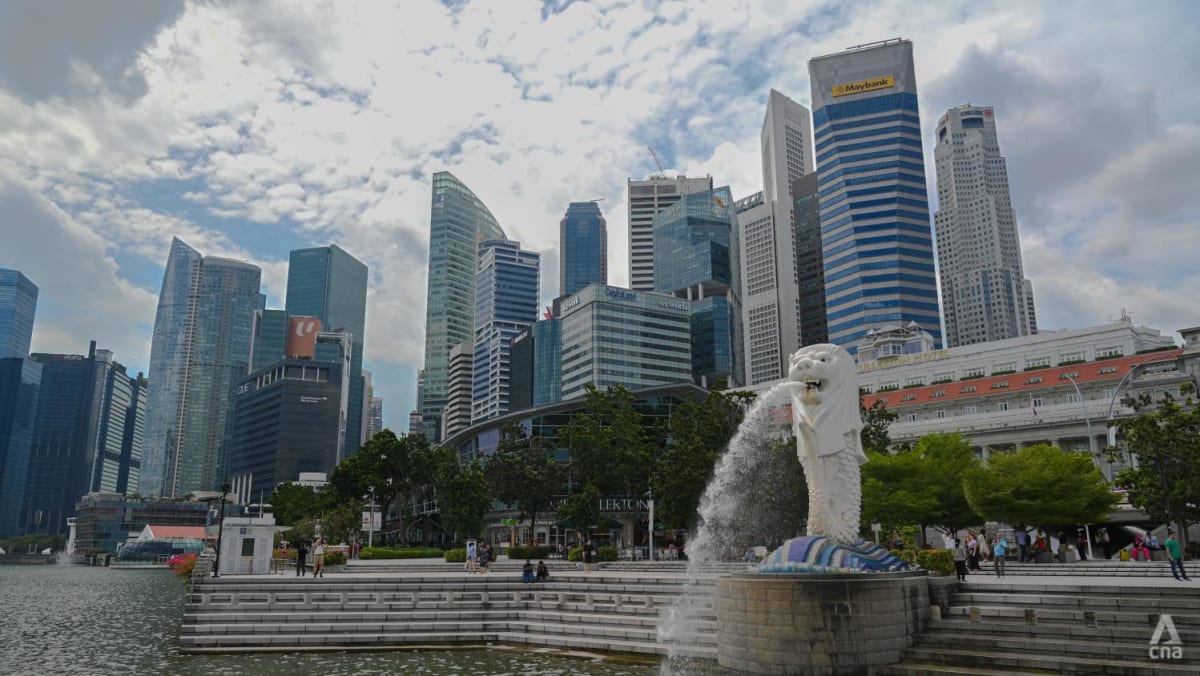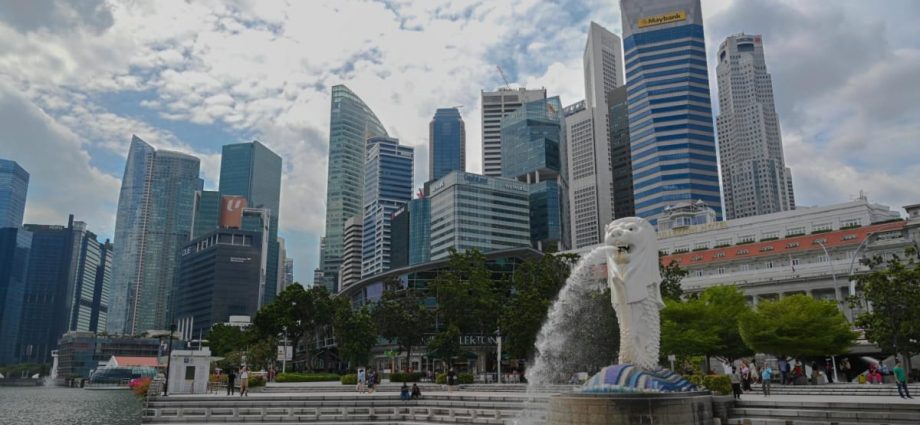
SINGAPORE: As concerns about the cost of living persist, Singapore is expected to boost its support for those most vulnerable to rising inflation when it unveils Budget 2023 next Tuesday (Feb 14).
It might also dish out assistance to retrenched workers, alongside measures to help businesses cope with costs and slower growth ahead, experts said.
However, the scheduled increase in the Goods and Services Tax (GST) by another 1 percentage point to 9 per cent next year is unlikely to be deferred.
One economist said the GST hike, as authorities have explained on several occasions, must be seen in the broader context of ensuring Singapore’s fiscal sustainability amid rising government spending, especially in healthcare.
With limited room to tweak corporate and personal income tax rates – the country’s top two biggest sources of tax revenues – moving with the consumption tax is “inevitable and necessary”, said DBS senior economist Irvin Seah.
Maybank economists Chua Hak Bin and Lee Ju Ye also reckon that with the economy “holding up”, the GST hike will go ahead.
While a global slowdown will weigh on sectors like manufacturing, the recovery of others such as hospitality and aviation will support overall growth, said the economists, who are forecasting a 1.7 per cent GDP increase for Singapore this year.
China’s reopening will also help to cushion the impact of a slowdown in the US and Europe, reducing the odds of a recession, they added.
TARGETED SUPPORT
But experts believe the Government will do more to alleviate cost of living concerns, with top-ups to the Assurance Package being “one of the most straightforward measures”.
A sum of S$6 billion was initially set aside when the package was first announced in 2020. Since then, the package – comprising cash payouts, grants and utilities rebates – has been upsized to S$8 billion, with details of the latest S$1.4 billion addition to come in this year’s Budget.
UOB economists expect the Assurance Package to be increased further by S$500 million to S$1 billion, given the additional GST expenses for households.
Lower-income groups and seniors may receive higher cash payouts. Other measures could include GST vouchers, U-Save rebates, MediSave top-ups, additional tranches of Community Development Council (CDC) vouchers and even education-related subsidies for children.
RHB senior economist Barnabas Gan also reckons that help will be geared towards the vulnerable and lower-income groups. This could be in the form of enhancements to the Workfare Income Supplement scheme which supports lower-wage workers.

